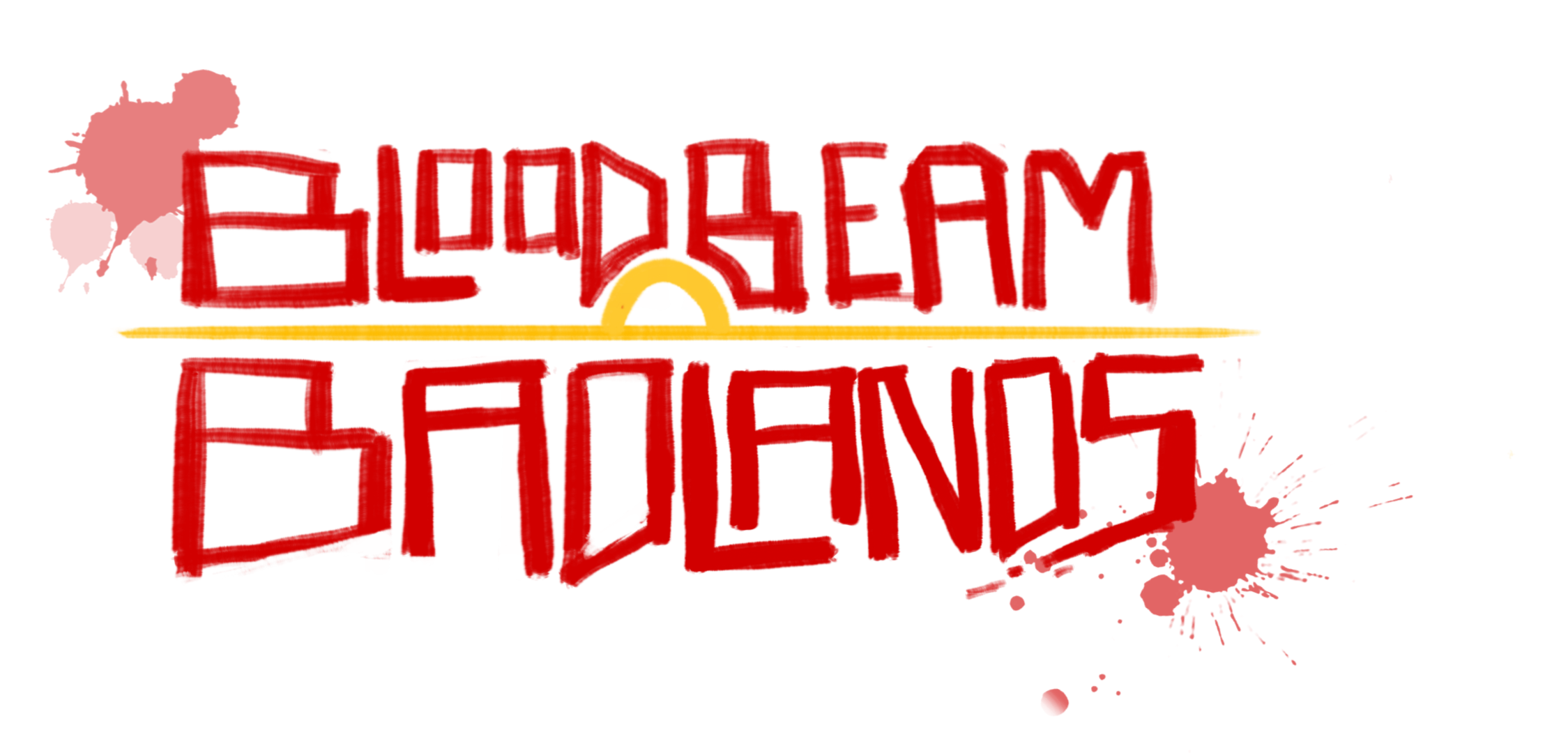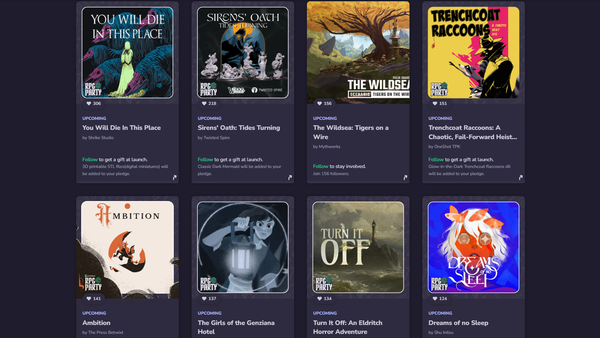Identity is ever changing, vampires are forever
Memory’s a fickle thing when you’re wandering the Bloodbeam Badlands

I’ve made a bit of a running gag on this site for my sign offs to include something like “Until I’m not, Rowan Zeoli.” While one, it’s a good bit, it’s also a recognition that I (like all people) are constantly evolving as we are presented with new information and experiences. Quite literally, I have not always been “Rowan” Zeoli, but even under my previous name, the person I was at 15 was not the person I was at 20, was not the person I was at 25. My tastes, my priorities, and my values have—and will—continue to change throughout the course of my life. On a physiological level, our cells are not the same ones we were born with. Reflecting on this, an ageless philosophical question arises: am I the same person? If not, who am I?
Which is why, when I sat down to play Bloodbeam Badlands by Viditya Voleti with the designer himself, I chose to dive into this idea headfirst. Bloodbeam Badlands is a fantasy western post-apocalypse where you play gunslinging vampires in a wasteland where the sun never sets, which is problematic for vampires to say the least. The game intentionally doesn’t focus on what happened before the apocalypse, or who you were before you became a vampire, just who you are when the story starts.

While the concept of identity isn’t explicitly baked into Bloodbeam Badlands, the idea of beings with extraordinarily long lifespans losing pieces of themselves to the passing of time is well trodden territory (see Thousand Year Old Vampire by Tim Hutchings). Now, what if this epic timescale was reduced to a matter of days, hours, or minutes? What if, as a vampire consumed the essence of its chosen victim, it took pieces of that person with them? When given a choice of vampiric bloodline, I chose to play a Versimutate, a vampire whose primary ability is to enter an individual’s mind, consume their memories, and influence their decisions.





